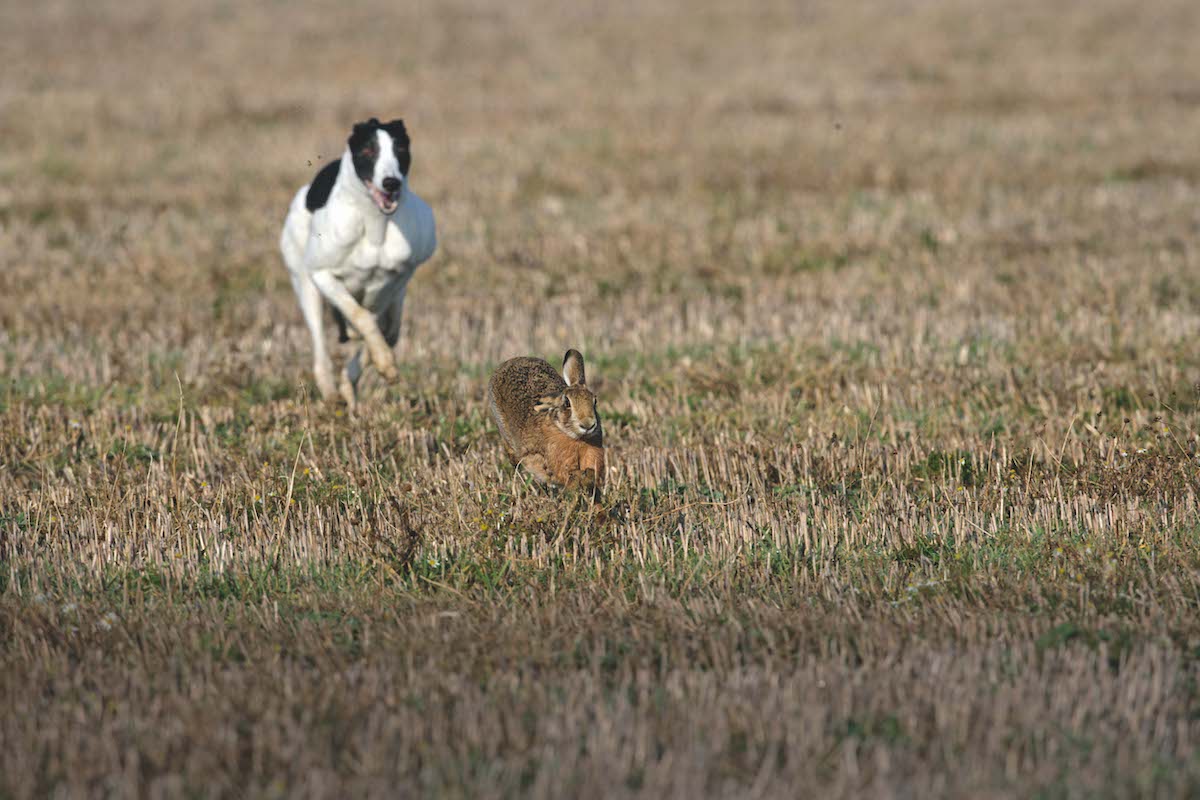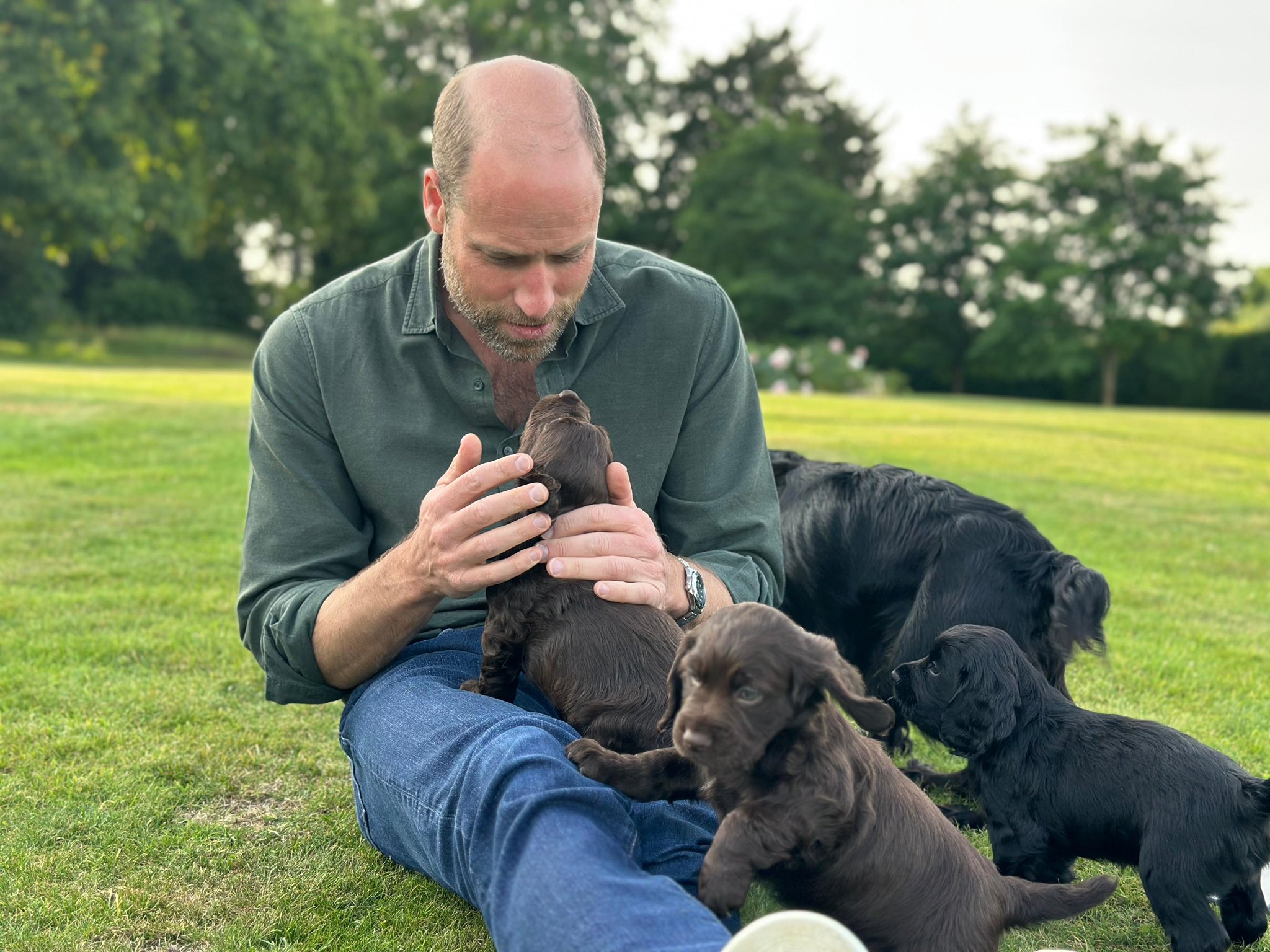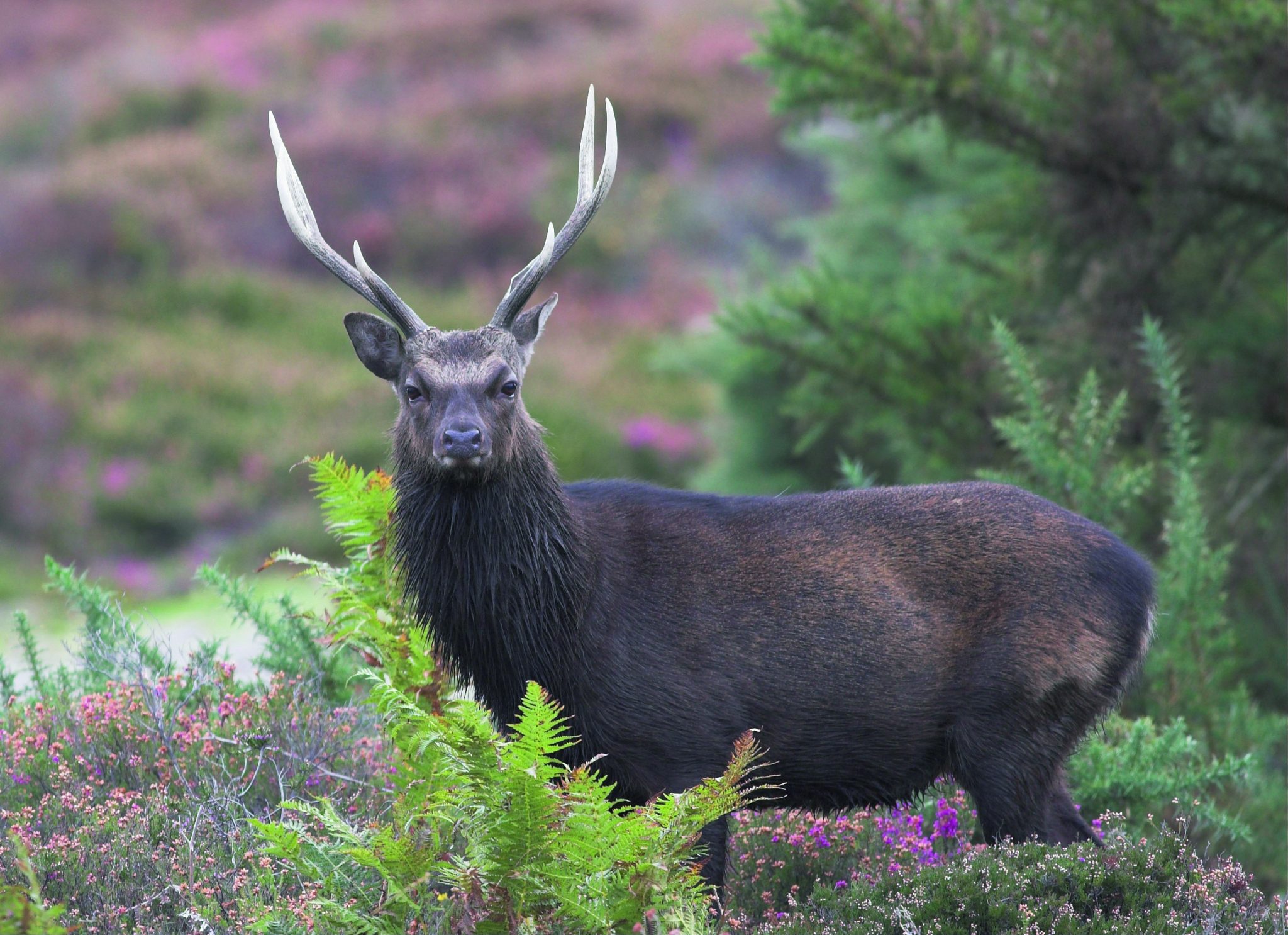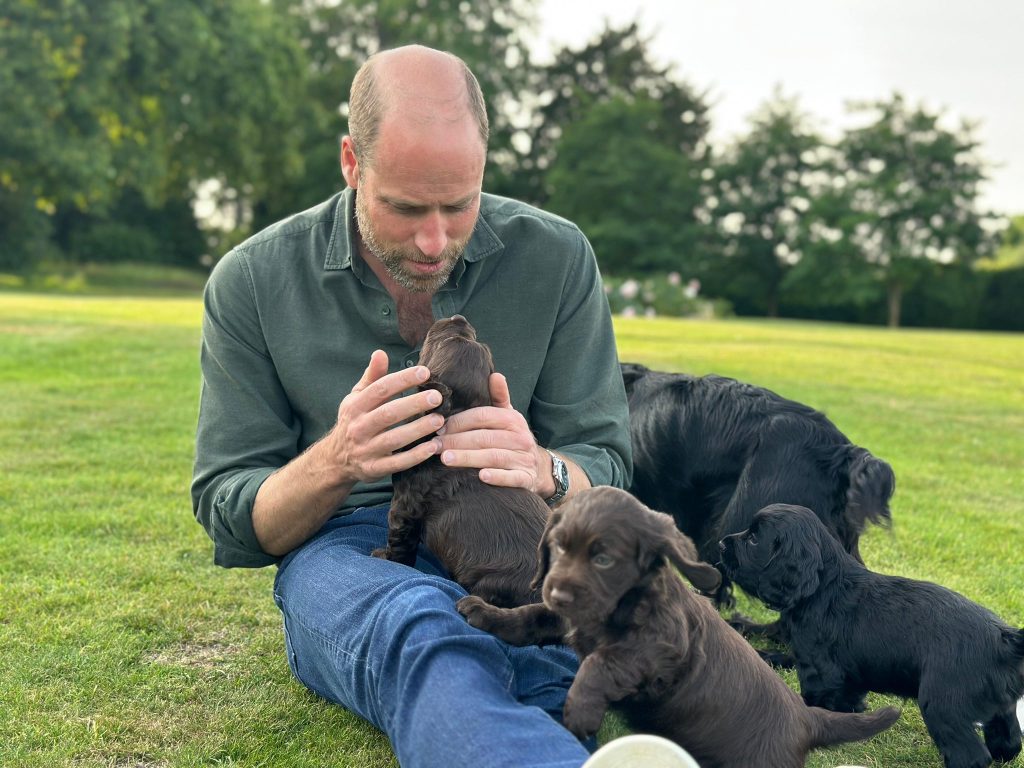News
Hare coursing and the changing face of rural crime
Would you like to speak to our readers? We offer sponsored articles and advertising to put you in front of our audience. Find out more. Brown hare, Lepus europaeus, Hare couring event
Brown hare, Lepus europaeus, Hare couring event
The poacher is a fabled part of country life. I am sure many country people have known a poacher or, perhaps inadvertently, even indulged in poaching themselves. (Read more on poaching here.)
My father was a poacher turned gamekeeper. He only confessed to this not long before he died. When he did so, he regaled me with tales of taking deer at night without being caught. Back in his day he poached pheasants and trout as much for devilment as for any other reason. Many of the pheasants he took were given to a local nursing home free of charge. All this was before he saw the error of his ways.
Organised groups
Times change and the modern-day poacher isn’t the loveable rogue the fables of yesteryear would have us believe. While I am sure many poachers still do it for fun and get away with it, there are organised groups who have a very different agenda.
Pheasant meat is plentiful and venison is in virtually plague proportions in most parts of the UK. This has an impact on the profits of the poacher in terms of selling the ‘swag’. Game meat does not carry the same premium of old, which hardly makes poaching a viable form of crime. However…
Hares have always been valued by those who pursued them with running dogs before the hunting ban came into force in 2005. Before then hare coursing was a perfectly legitimate pastime, as long as those participating had the land owner’s consent. (Read police slammed over illegal hare coursing event.)
The official sport of hare coursing, like the three-day event the Waterloo Cup, was somewhat different from what happens now. Today it is illegal (see Hunting Act 2004, Part 1, Section 5). Previously, a hare given ‘fair law’ of 100yd was considered an acceptable head start for a strong winter hare before slipping two dogs to go after it. This was considered a good test of dogs’ abilities, with little interest in the hare’s capture but more in the excitement of the course.
Hare coursing today
Some carry on this tradition today but in a more sinister way. They enter land without an owner’s permission, often causing damage in the process, to pursue hares with sighthounds (usually saluki crosses) illegally. For some, there is no doubt a mixture of devilment and betting, again with little interest in the hare as a meal; and if one is in danger of being caught, evidence has to be disposed of quickly. (Read hare coursers sell dogs openly online.)
The Hunting Act 2004 raised the stakes. It means that fines have increased and dogs and vehicles will be confiscated by the police if illegal coursers are caught. As a result, many poachers quickly slip a dog or two from their vehicle and leave the scene pronto. The risks are high and the implications serious if caught.
The 2004 Act has also driven hare coursing underground. More determined criminals are not going to stop ‘running’ their dog. For the more old-school contingency it is linked with their heritage and way of life and if they are caught it is ‘a fair cop’. Sadly, some of the younger generations involved don’t possess such a philosophical attitude.
I can’t see poaching going away anytime soon and as the law becomes tighter for such offences, violence towards landowners and police will increase as the poachers try to evade capture. Perhaps the Robin Hood type of poacher who robbed from the rich and gave to the poor is long gone because in reality poachers steal from both.
Related articles
News
PETA attacks royal couple for breeding cocker pups
The Prince and Princess of Wales have faced criticism from animal rights group PETA after they had a litter of puppies
By Time Well Spent
News
Farmers launch legal review against Reeves’s farm tax
Chancellor Rachel Reeves faces a judicial review over inheritance tax reforms that could force family farms out of business
By Time Well Spent
Manage Consent
To provide the best experiences, we use technologies like cookies to store and/or access device information. Consenting to these technologies will allow us to process data such as browsing behavior or unique IDs on this site. Not consenting or withdrawing consent, may adversely affect certain features and functions.
Functional Always active
The technical storage or access is strictly necessary for the legitimate purpose of enabling the use of a specific service explicitly requested by the subscriber or user, or for the sole purpose of carrying out the transmission of a communication over an electronic communications network.
Preferences
The technical storage or access is necessary for the legitimate purpose of storing preferences that are not requested by the subscriber or user.
Statistics
The technical storage or access that is used exclusively for statistical purposes.
The technical storage or access that is used exclusively for anonymous statistical purposes. Without a subpoena, voluntary compliance on the part of your Internet Service Provider, or additional records from a third party, information stored or retrieved for this purpose alone cannot usually be used to identify you.
Marketing
The technical storage or access is required to create user profiles to send advertising, or to track the user on a website or across several websites for similar marketing purposes.





